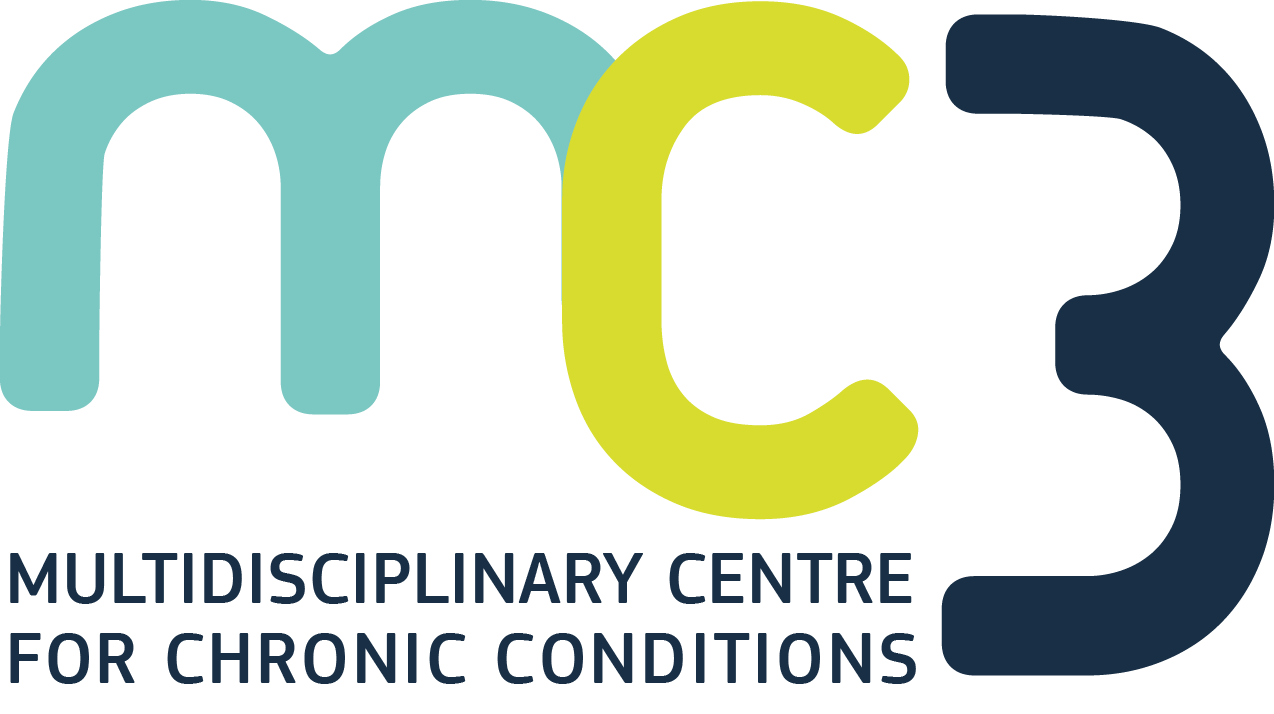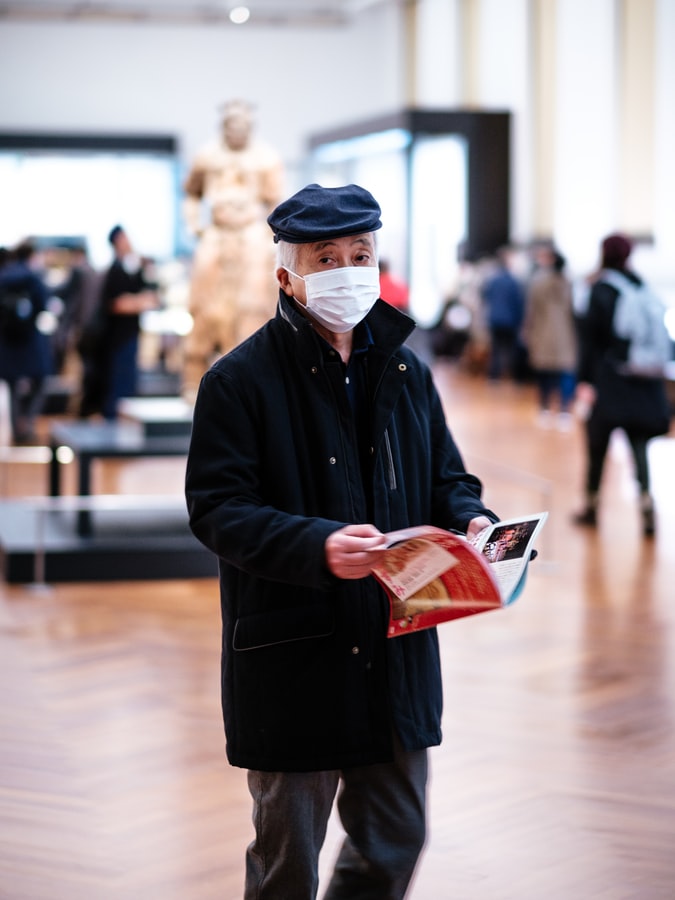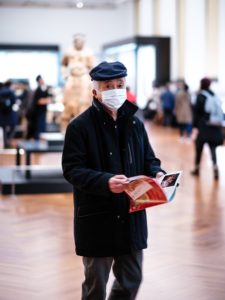During the COVID-19 times the face masks have been praised as an amazing preventive measure, with public health officials and politicians not missing any opportunity to brag about Slovakia being a champion in Europe in handling the coronavirus epidemic. But behind the masks are some not so amazing numbers that paint a different picture of Slovakia.
According to a report of the European Commission from February this year, Slovakia has a high rate of preventable deaths standing at 2.44 per thousand inhabitants as compared to the EU average of 1.66. These deaths could have been avoided mainly through public health and primary prevention intervention. The report concludes that Slovakia’s high rate of preventable deaths “reflects the high prevalence of risk factors and low spending on prevention”. Only about 1 percent of Slovakia’s expenditure on health goes to health promotion and prevention compared to the EU average of 3 percent.
“Unfortunately in the long term Slovakia is failing in this area, not only in terms of investment but also in how it designs and runs communication campaigns.” said doctor Zuzana Katreniaková of the Department of Social and Behavioural Medicine at the Medical Faculty of the Pavol Jozef Šafárik University in Košice. „We have an issue with attracting skilled people to work in Slovakia’s public health sector. For medical students and doctors this is not an attractive job, both financially and as a career path, because it is regarded as less interesting and prestigious than clinical work. We’re also failing in terms of attracting graduates of public health programmes to work for public health offices. Now we have this coronavirus epidemic in front of our eyes, but we have an epidemic of obesity and dementia on the horizon, and we have to get ready for them in time”.
Katreniaková explains that “risky behaviour like smoking, overconsumption of alcohol, unhealthy eating habits and a lack of physical exercise, not only kill more Slovaks per year than COVID-19 but also leads to chronic diseases that make people more susceptible to catching infectious diseases.” Despite the fact, that Slovak public health officials and politicians never miss an opportunity to praise people for obeying the rules and wearing masks to protect themselves and others against the coronavirus, we have seen so many people wearing masks but then pulling them down to light a cigarette, constantly damaging not only their own health but also that of others around them too. “It is crucial to realize that in the long term the strategy of scaring people into obedience does not work in public health even if it has helped bring the epidemic under control.”
“People must behave responsibly not only in a one-off, during the epidemic, but also have inside them this deep conviction that they are responsible for their own health and they should not pose a risk to others – it doesn’t matter whether by spreading a virus, smoking, or by the way they drive their car. We need complex programmes with behavioural tools to motivate people to change their attitude and unhealthy lifestyle. They must involve the cooperation of doctors, psychologists, and social workers because socioeconomic status is a very important factor when it comes to health. This can’t be done overnight or with a one-off campaign.” concluded Katreniaková.
Full interview with Zuzana Katreniakova on Radio Slovakia International and an article by Anca Dragu on The Slovak Spectator are available here:
https://enrsi.rtvs.sk/articles/science-and-healthcare/225566/the-sad-reality-hidden-behind-masks
https://spectator.sme.sk/c/22412482/the-sad-reality-behind-the-masks.html
Photo by: Lucrezia Carnelos on Unsplash: https://unsplash.com/photos/86Sxw0b9llU




